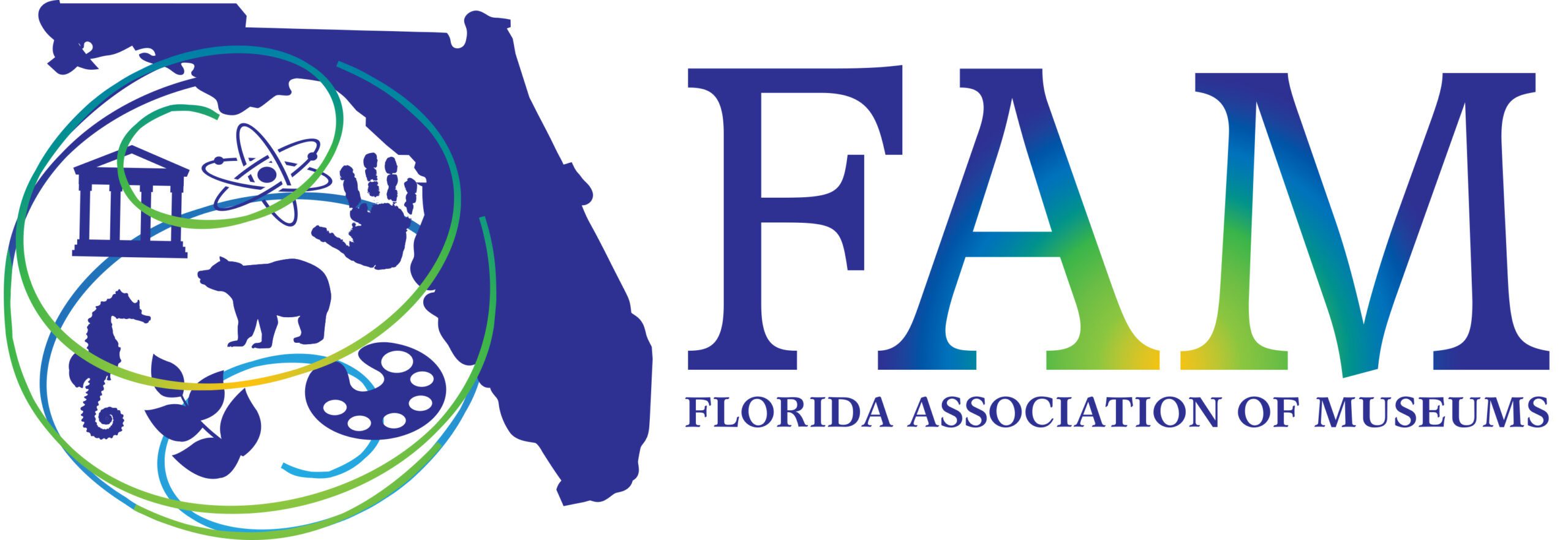Intellectual Property
Intellectual property can be a complicated and convoluted aspect of managing collections. Institutions will find themselves in possession of objects that have intellectual property rights attached to them. It is important to be aware of, and respect those rights when you use these objects in exhibitions, printed publications, or online. The term “objects” refers to both two and three dimensional items and reproductions of them. In this module, you will come to know the standards that libraries, archives, and museums must consider when dealing with intellectual property, and what constitutes fair use for different types of organizations.
Webinars
Note: When viewing the webinars a new browser page will open.
Activity
Discussion Questions
During the webinar, we discussed many considerations in reference to intellectual property and collections. In regards to your collection discuss the following:
- What percentage of your collection do you think you have legal rights to?
- What are the ways to find out if you have rights to objects in your collection?
- In what ways might you use an object in which you do not have rights? Publication? Exhibition?
- What process do you have in place to determine rights for internet publication?
- How would the policies for living collections, museums, and libraries differ? Would they?
- Would you use an image in which you do not have rights in an in-house publication?
- What different concerns have you had with living artists or creators?
- Without knowing if you have rights, what access do you grant?
Samples
Intellectual Property
- Boynton Beach City Library Archives – Intellectual Property (.pdf)
- Stranahan House – Intellectual Property (.pdf)
Note: When viewing the samples a new browser page will open.
Online Resources
Association of Research Libraries, Code of Best Practices in Fair Use for Academic and Research Libraries
http://www.arl.org/focus-areas/copyright-ip/fair-use/code-of-best-practices
Lewis Library Reference, Copyright Guide
http://lagrange.campusguides.com/content.php?pid=232856&sid=1927097
Public Domain Sherpa, Is the work a derivative work? How can you tell?
http://www.publicdomainsherpa.com/derivative-work.html
Stanford University Libraries, Copyright and Fair Use
http://fairuse.stanford.edu/
Stanford University Libraries, Summaries of Fair Use Cases
http://fairuse.stanford.edu/overview/fair-use/cases/
U.S. Copyright Office, Fair Use
https://www.copyright.gov/fair-use/
